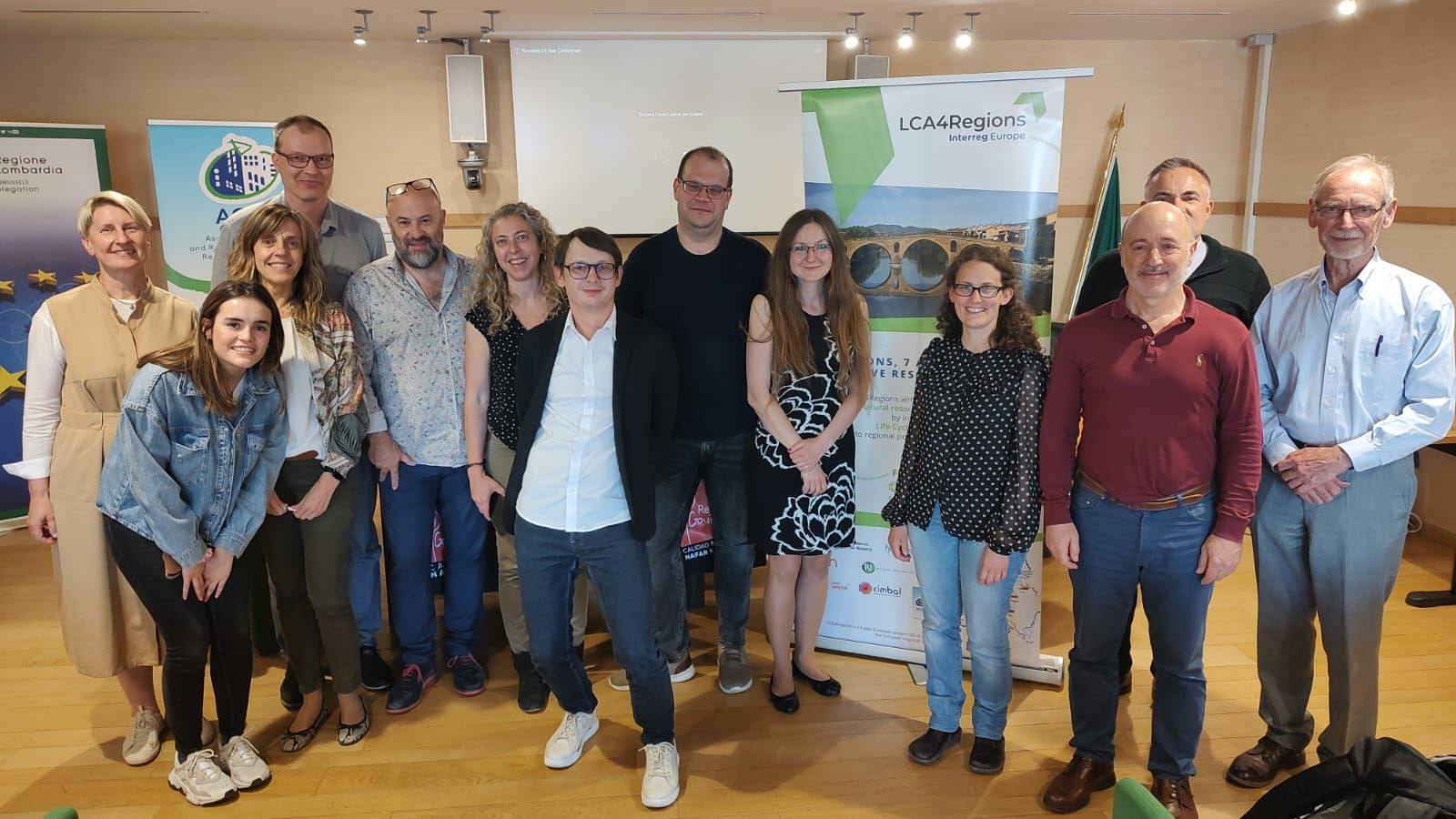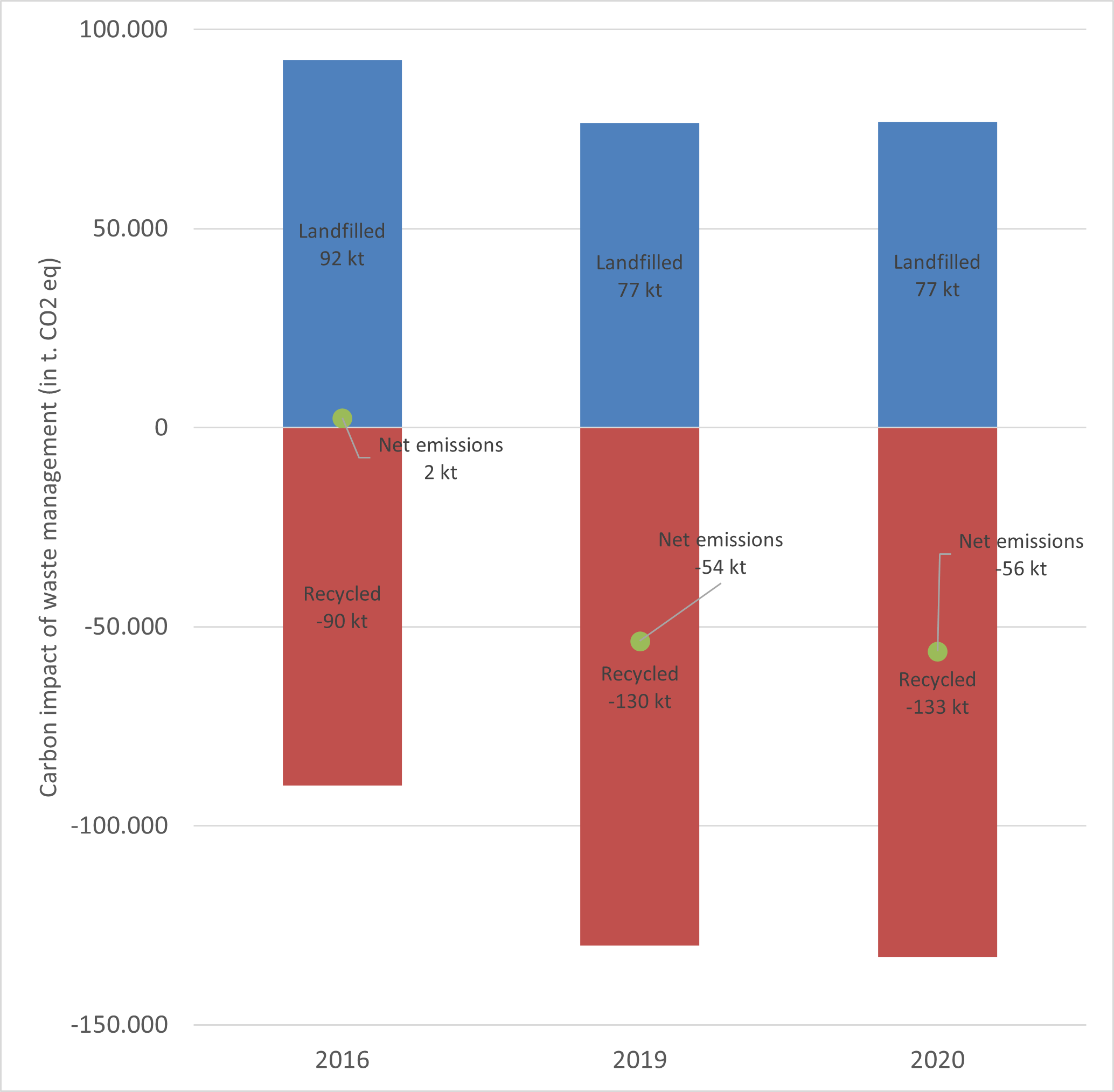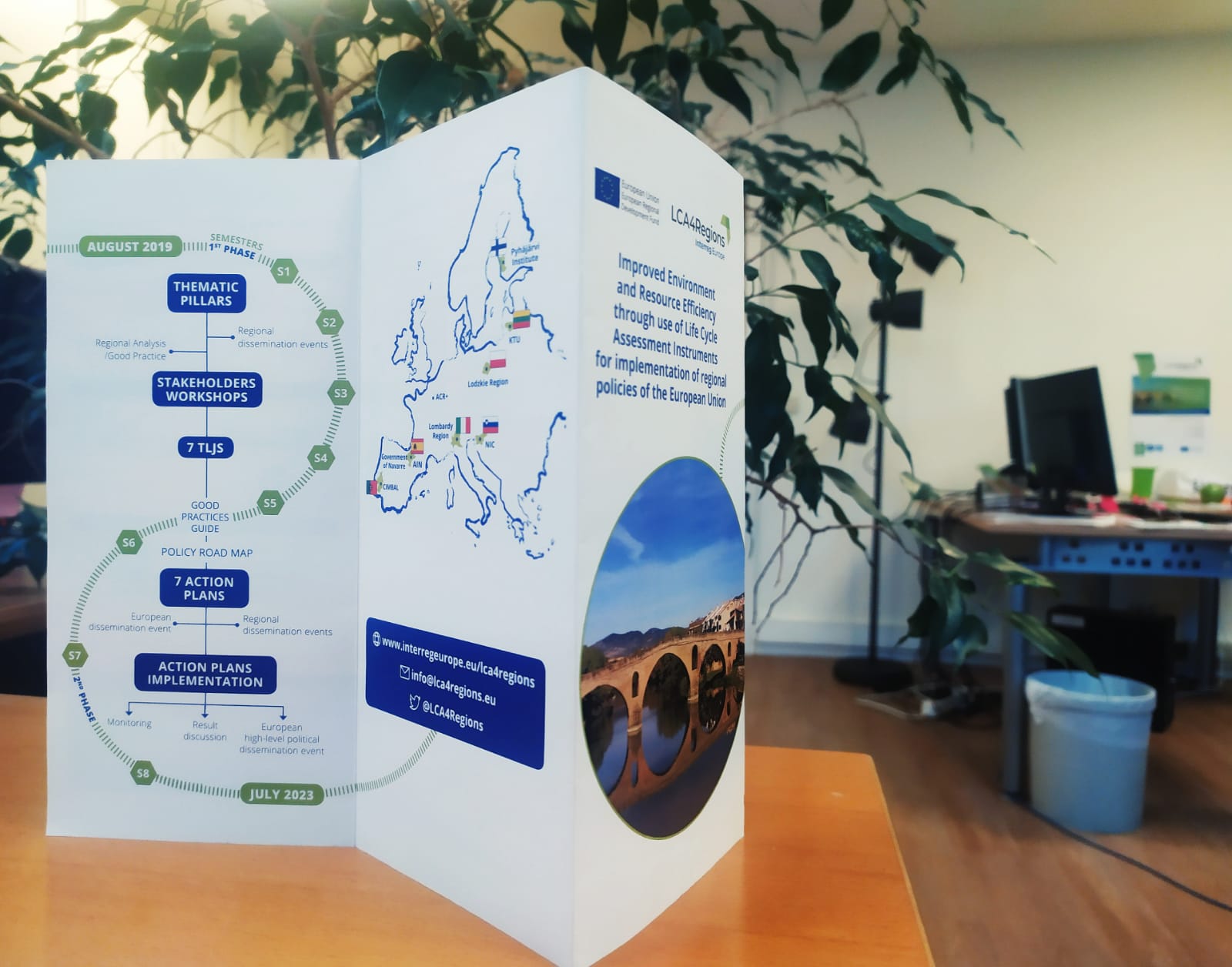Throughout their exploration of the various life cycle tools, the LCA4Regions partners are encountering many interesting examples of where LC is used in implementing public policies related to environmental protection and resource efficiency. We are pleased to share these as Good Practices of the Interreg Europe Policy Learning Platform. Have you seen the latest one we added?
LCA and public procurement…
Following the thematic of our fourth TLJ, several Good Practices are linked to public procurement since purchase and public procurement are a powerful lever for change or reproduction of models.
A general overview of the implementation and use of green public procurement (GPP) legislation, also considering the use of LCA methodologies, is provided for Slovenia. Continuing on the topic of green public procurement, the Polish Public Procurement Office (PPO) promotes and provides training in the field of green procurement and the LCA approach in public tenders. It published several manuals including a Green Public Procurement guide in two volumes and a collection of good practices in the field of sustainable public procurement. The PPO is also offering life cycle cost calculators on its website to promote the life cycle approach in public tenders. The calculators are designed for 3 product groups: computers and monitors, external lighting and traffic signals, interior lighting.
Another type of procurement is the public procurement of innovation (PPI). CIMBAL, in Portugal, detailed how it performed a PPI to stimulate the adoption of innovative services and product in the context of the refurbishing of two buildings.
Cars and transportation is another area of focus of the LCA4Regions Good Practices. The Public Procurement Agency in Slovenia contracted road vehicles using life cycle costing (LCC) methodology in its green public procurement call for tenders. CIMBAL promotes the purchase of operational leasing and other associated services for electric and hybrid cars. It opened the possibility to the municipalities and other adherents to gain access to smart mobility solutions and substitute the purchasing of the vehicle by the purchase of the mobility solution using circular economy principles following procurement processes that integrate new award criteria such as innovation or Life Cycle assessment.
In Pamplona, a pilot led to healthier diet menus in municipal nurseries thanks to the introduction of sustainable criteria in this public food purchase. Environmental clauses, including life cycle analysis (LCA) and carbon footprint (CF), have also been considered in the launch of tender for the city’s streets cleaning service.
Moving to another country, a call for tender “Environmental footprints” was launched in 2017-2018 in Lombardia. The aim was to support companies to measure, calculate and communicate on their environmental footprint through the Product Environmental Footprint approach (UE). The first round, in 2017, was addressed to wood-furniture sector companies, whereas in 2018 feedback was received from food, textile and agriculture companies.
In Finland, an energy-planning tender was carried out. The planning was based on simulations and multi-objective optimization process for the whole life cycle of an energy-intensive building complex. In addition, the City of Pori has developed its public procurement practices long-term. Policy agenda, divided into different procurement categories, is formulated via cross-organisational working groups. Management of sustainable procurements at municipal level is crucial to identify weaknesses, establish actions and reach sustainable goals.
… but LCA can also be used in construction, agriculture, events organisation
The new LCA4Regions Good Practices are not limited to public procurements. You can also find inspiration in the following fields:
- Elaborating a strategy for sustainability for mega events, using the Expo Milano 2015 as a case study;
- An award, Mais Alqueva, mais valor, to recognize projects that implement a set of good practices related to the efficient use of resources.
- A sustainable and biodegradable solution for managing agricultural plastic mulching after its use;
- Examining the environmental impacts of using wood waste for energy recovery, particle board production and wood composite production, thanks to a LCA method;
- Evaluation of construction works, in particular concrete or wood materials of multi-storied buildings, using LCA and LCC to obtain comparable data for the time span of 100 years;
- Using life cycle perspective of the environmental impacts to evaluate the utilization of biowaste for anaerobic digestion, energy utilisation or biofuel;
- Showing thanks to a LCA analysis that a building made in efficient technology has lower CO2 emissions by up to 56% compared to a building made in traditional technology.
More Good Practices are currently in preparation so keep an eye on the website!










